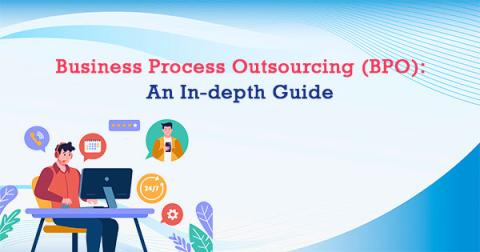What is the role of KPO in business? (Best practices, FAQs)
Knowledge Process Outsourcing (KPO) means hiring a third-party vendor to work on a company’s information-related business activities. It involves contracting tasks, like research, legal services, tax calculation, etc., to skilled experts in that particular field. However, a business owner considering knowledge process outsourcing needs to clearly understand the role it will play in their success. This can help them identify the tasks they need to outsource and find the right KPO partner.




